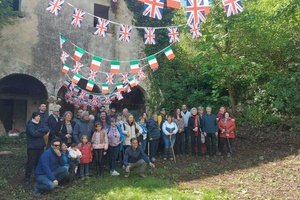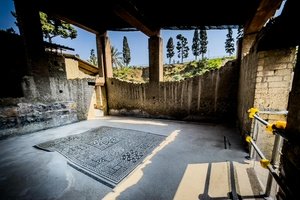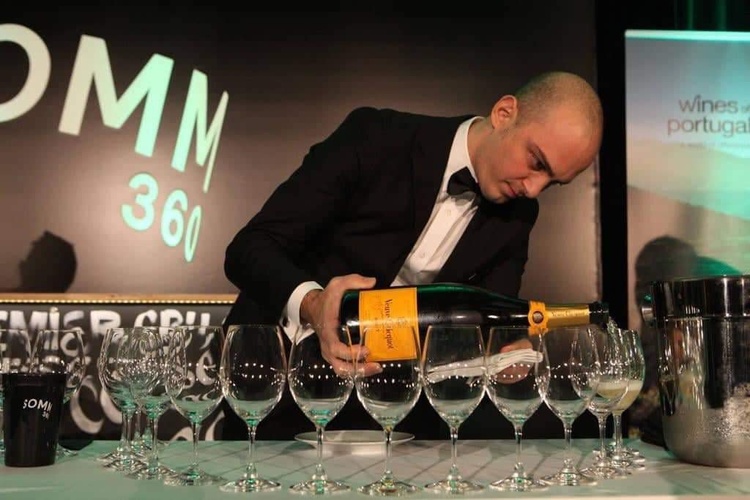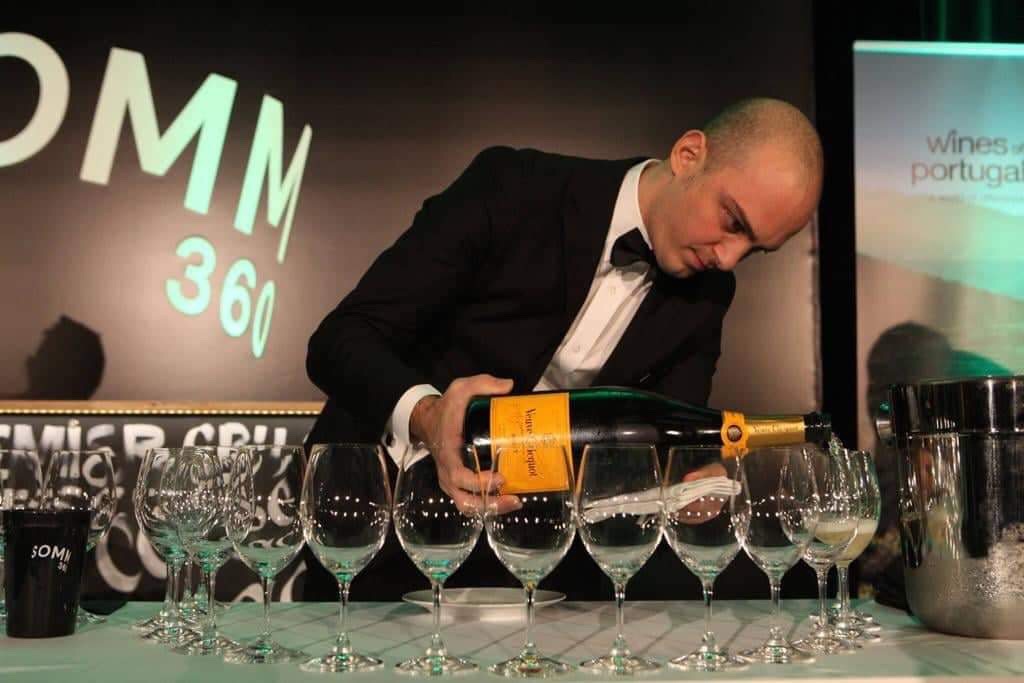With respect to those who don’t drink alcohol for health reasons or by choice, nobody can deny that wine – ...

The descendants of a British soldier this week met members of the Italian families that saved him after he escaped from a prison camp during World War II.

APIA Leichhardt made one little supporter very happy.

An Italian institution and St Vincent’s Foundation have joined forces to fund the new Fitzroy Hospital tower.

Marco Renai has dedicated his life to better those of young men in difficulty.

Anglo-Indian novelist Salman Rushdie will be at the Turin Book Fair where he will talk with Gomorra author Roberto Saviano on Friday, May 10.

Pro-Palestinian protesters on Tuesday broke up a Turin conference on scientific and space cooperation between Italy and other countries, in a demonstration against Israel over its alleged “genocide” in Gaza.

The Herculaneum papyri have revealed the location of Plato’s burial place in the Platonic Academy in Athens, an Italian researcher said on Tuesday.

Avondale FC travelled down to Dandenong Thunder on Saturday night in what proved to be a very successful matchday 10.

A 15-month-old boy is dead after being attacked by two Pit Bull Terriers in the town of Campolongo, near the southern city of Salerno, sources said on Monday.

On Monday, 13 prison guards were arrested and jailed in relation to the alleged mistreatment of inmates and alleged involvement in ‘torture’ at Milan’s Cesare Beccaria juvenile detention centre.


